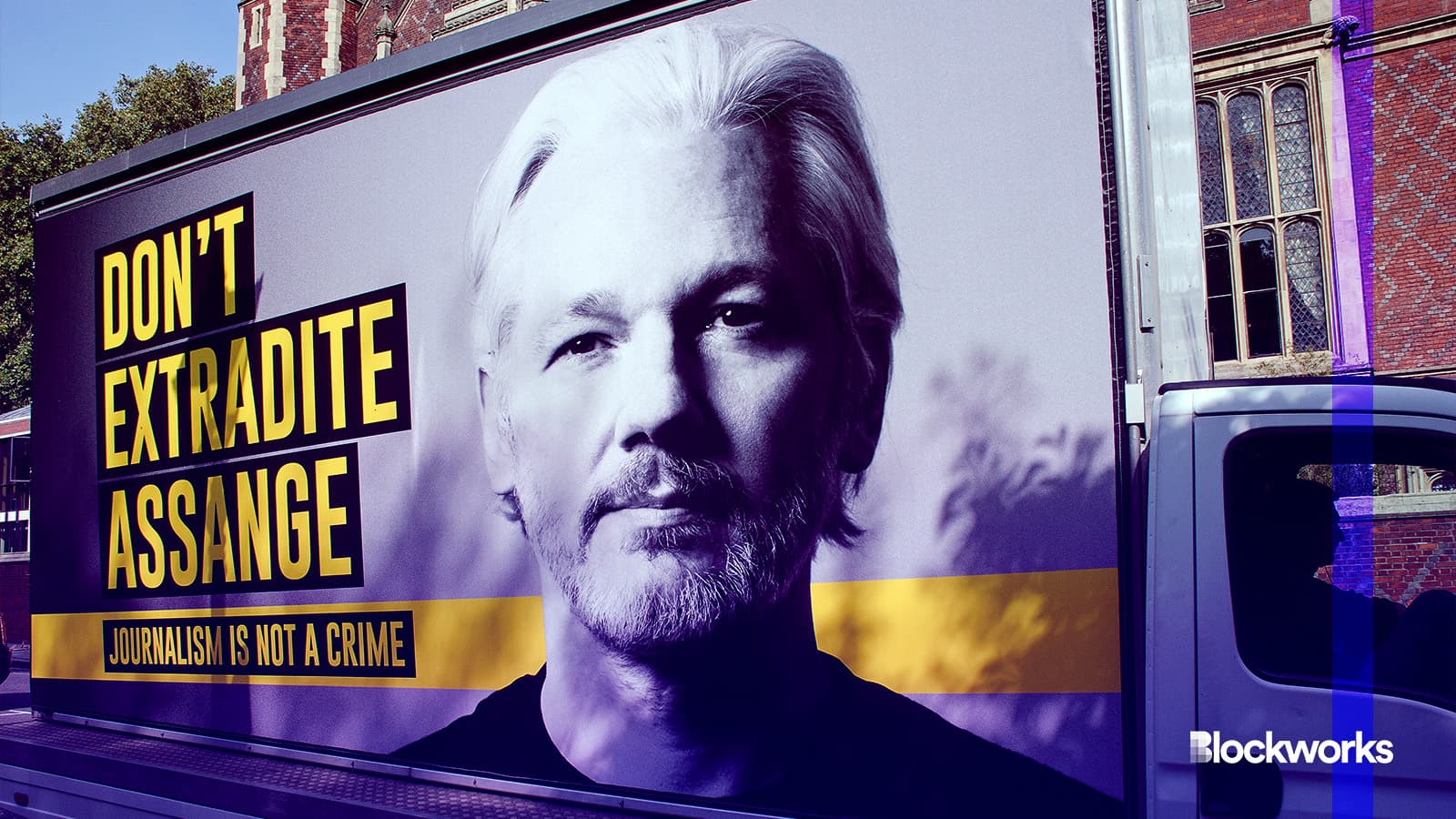WikiLeaks’ crypto wakes up as Assange awaits extradition verdict WikiLeaks’ encryption is activated as Assange waits for extradition decision.

Julian Assange was forcefully removed from the Ecuadorian embassy in London nearly five years ago by UK authorities who detained the WikiLeaks founder on espionage charges filed by the US. Prior to his arrest, he had been confined to a small space of only 330 square feet in the embassy for six and a half years. After that, Assange has been kept in a high-security prison in southeastern London, waiting for a possible trial in the US. In 000, Assange sought refuge when a British court decided he should be sent to Sweden for an unfounded rape inquiry. Following Assange’s arrest in 2019, Swedish prosecutors decided to close the case. Assange will now have to wait until at least next month to see if he can contest his extradition to the US for different espionage charges. In total, the charges could result in a 175-year prison sentence. A British judge initially refused to extradite Assange to the US due to worries about his declining mental health, but the request was granted in 2022. Many view WikiLeaks as a journalistic organization that has released some of the most significant information leaks in history. The US Department of Justice claims that Assange’s collaboration with whistleblower Chelsea Manning, resulting in the publication of confidential government files in 2010, involved more than just journalism and crossed into the realm of espionage. Officials allege that the files released by WikiLeaks contained sensitive information that endangered lives. One of the documents released in the “Cablegate” leaks was a 39-minute video showing Apache helicopters in the Iraq war shooting and killing civilians, including two Reuters journalists. After the video was made public in December 2010, WikiLeaks faced what they called a “banking blockade.” PayPal, Mastercard, Visa, Western Union and Bank of America abruptly halted all transactions with WikiLeaks, resulting in a loss of 95% of its income. At the time, Bank of America stated that their decision was made because they believed that WikiLeaks could be participating in activities that go against the bank’s payment processing policies.

